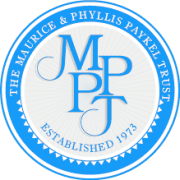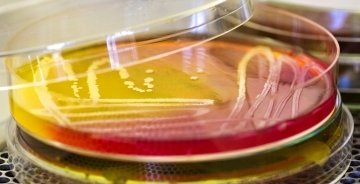
Applications for Project & Equipment grants are considered at the Trust Board meetings in April, July, and November each year, and applications can be created and submitted online in the eight weeks or so prior to the closing dates:
N.B. University/institutional applicants should advise their Research Office of their intention to apply at least 10 business days before the above deadlines. Remember that institutions will have their own internal guidelines which must be followed.
Project Grants provide limited research support for individuals or groups working in any health-related sciences, including the fields of public health and health education. Support is usually sufficient to provide only for running costs of the research and/or some necessary equipment, but limited salary support may also be provided on special justification. Project grants are usually for one year, but exceptionally the Trust may support a project for up to two years.
Equipment Grants assist with the purchase of larger equipment items for shared use within a research institution. Justification depends on the needs of the research field and the institution, as well as on the merits of individual research projects.
The maximum for a Project and Equipment grant is $25,000, although the majority of successful applications receive lesser amounts as grants-in-aid.
If you receive a Project & Equipment grant, the Trust would like a brief report at the conclusion of the project, primarily to help it better manage future applications. The Trust doesn’t require progress reports during research projects, or where the grant was provided for the purchase of multi-user research equipment.
Please download the following template, complete it, and then upload it through your MPPT user account (once you’ve logged in you can do this through a menu item on your dashboard).
All information supplied will be held in confidence. If you have any questions, please contact the MPPT office.
Funding decisions are made by the Trust Board at its next meeting – usually during the month following each funding round closing date (usually about 6-8 weeks after that date). All applicants and their institutions are then notified by email immediately following the Trust Board meeting.
